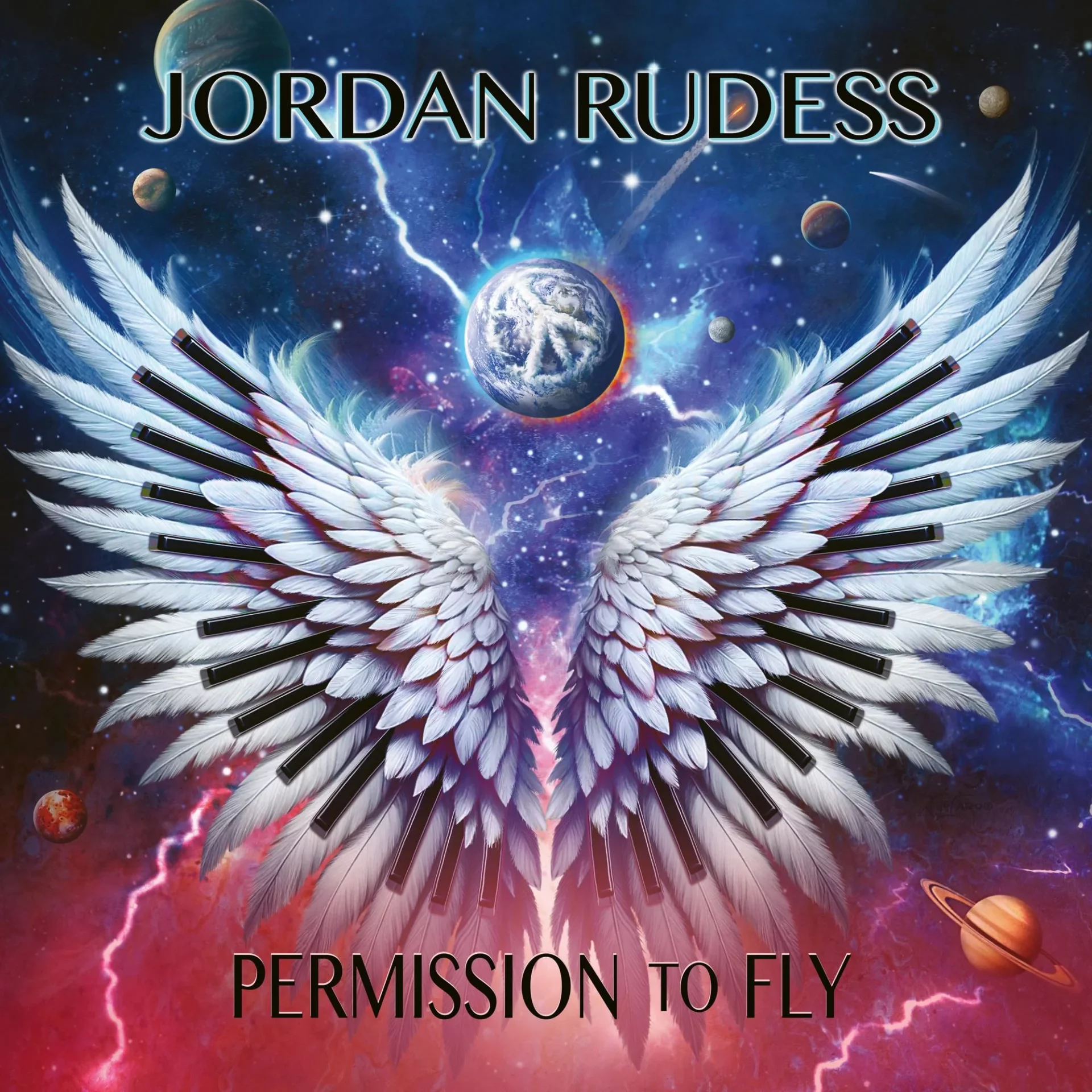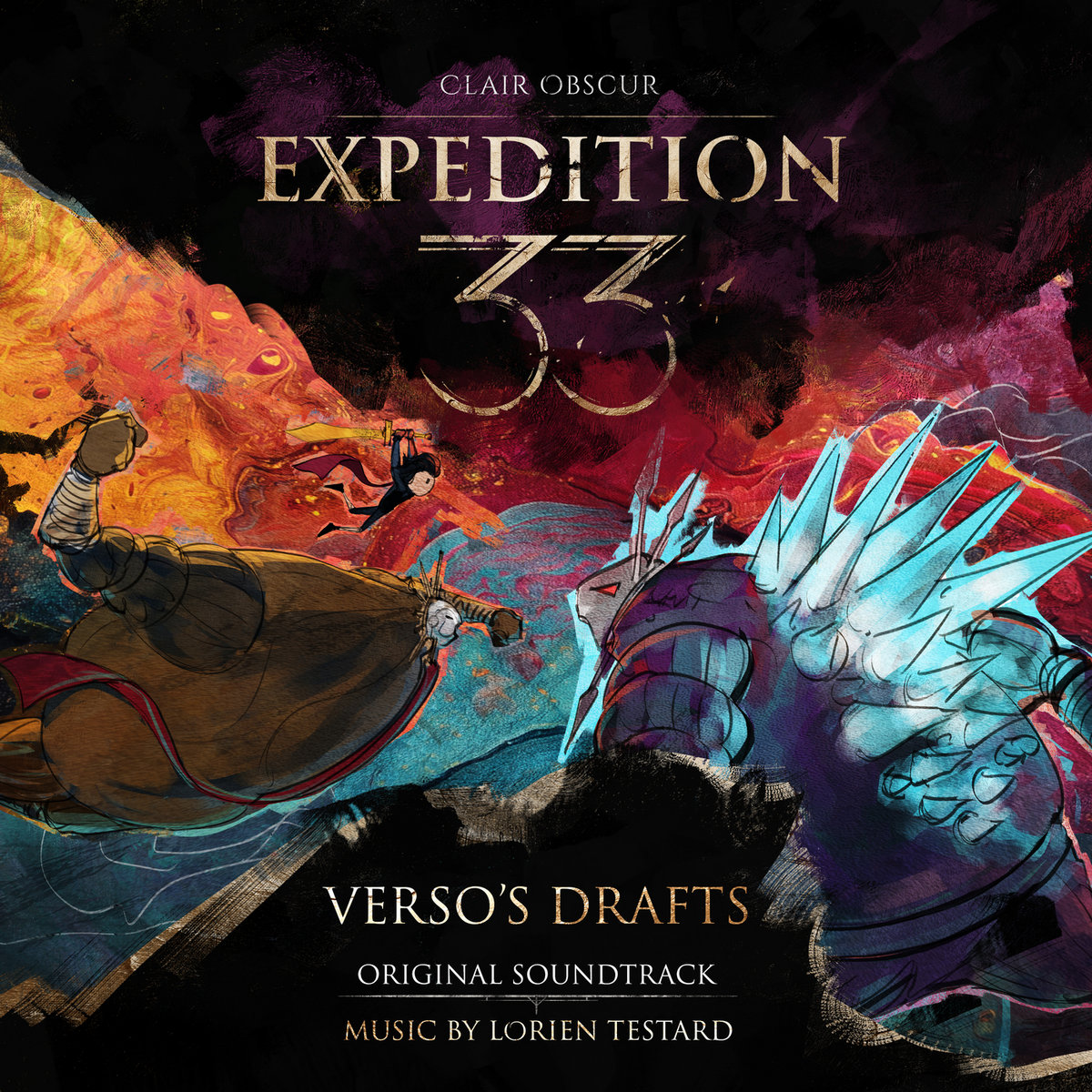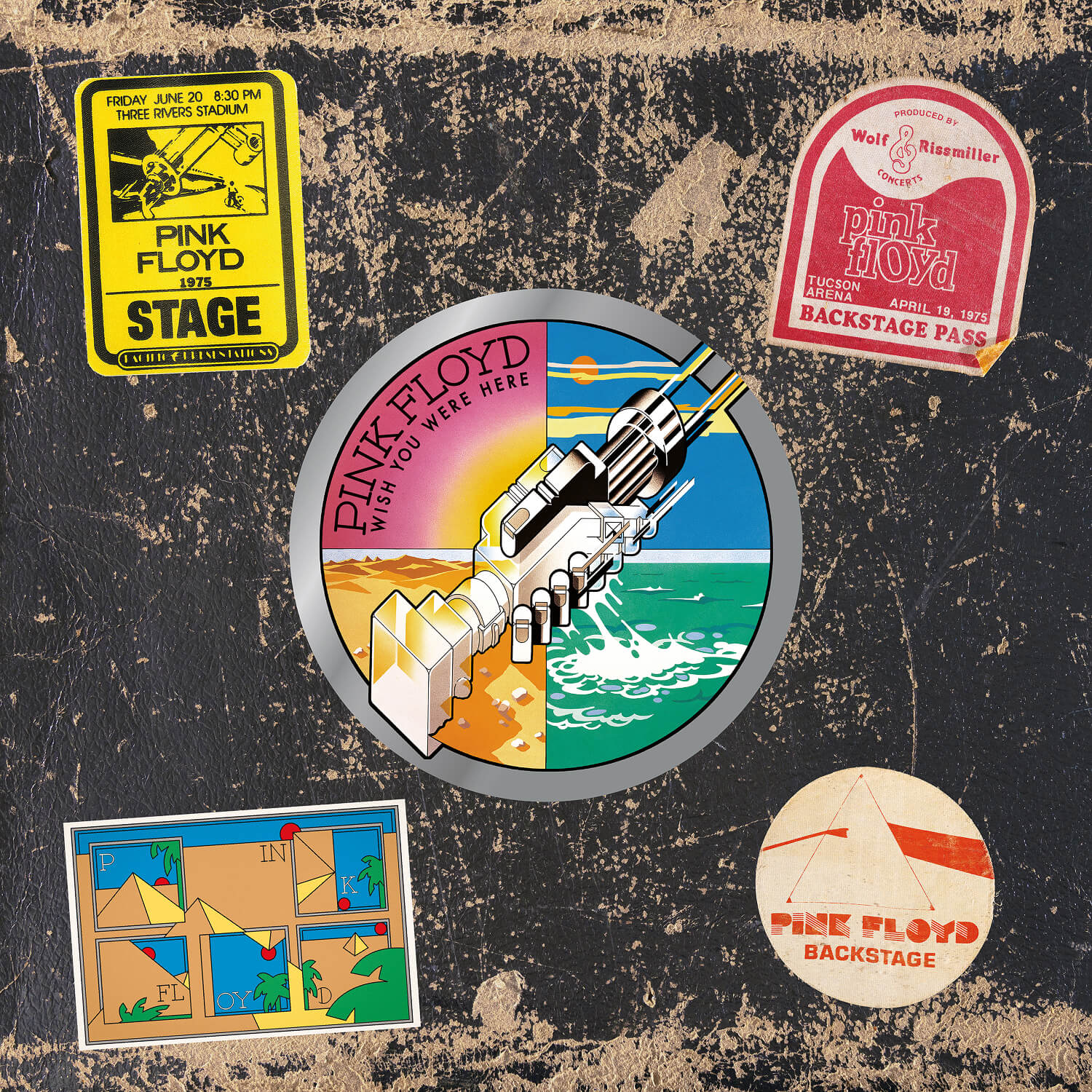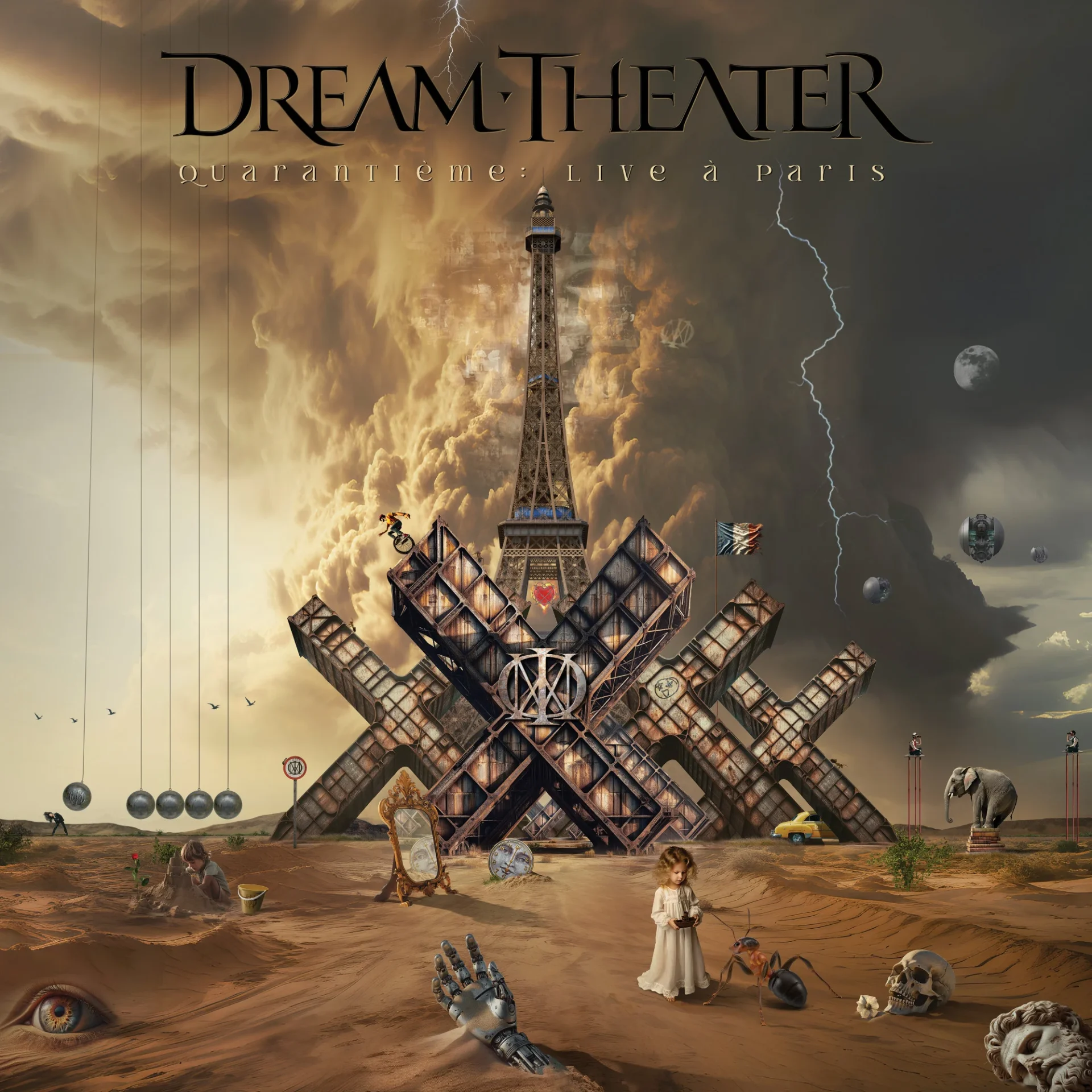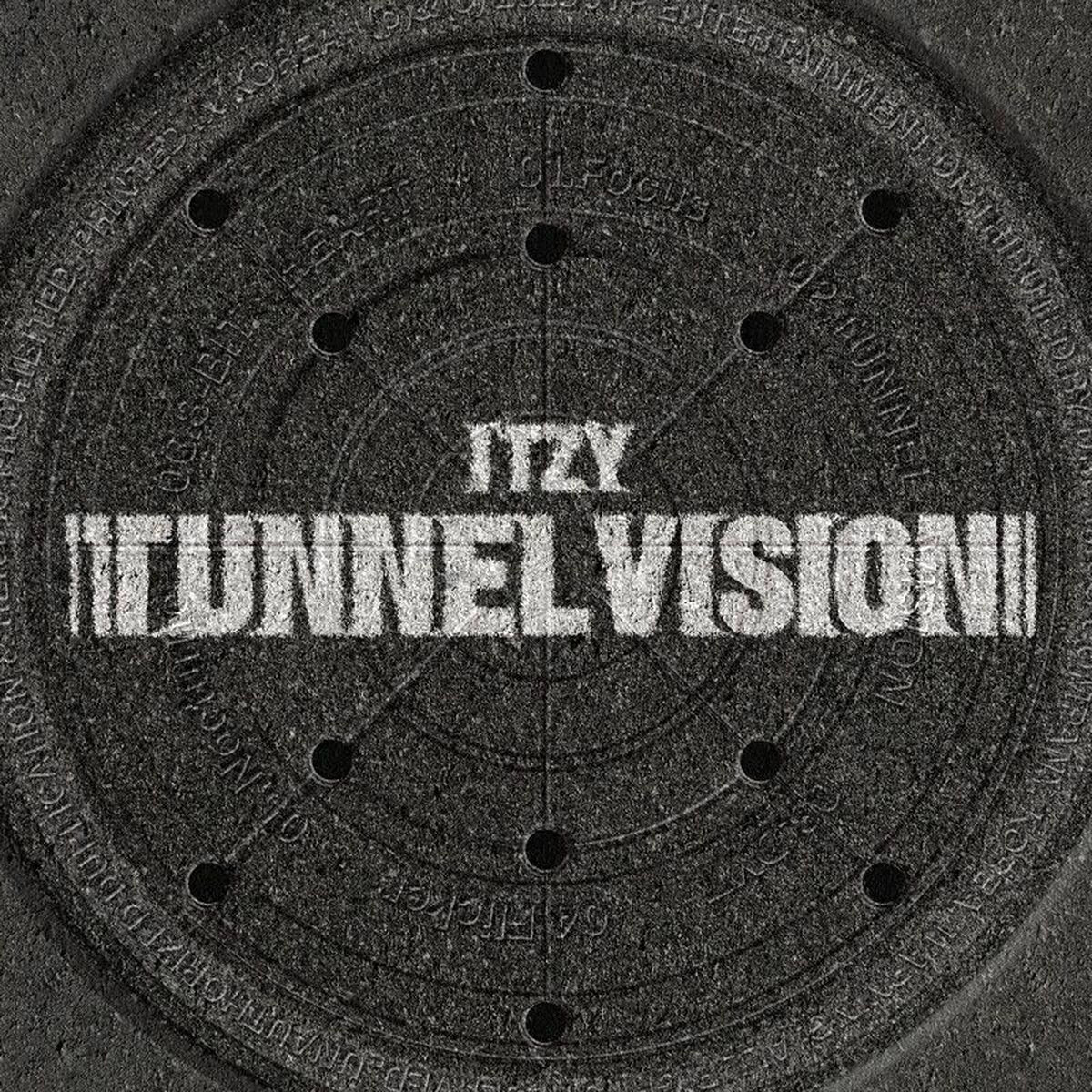Jordan Rudess, primarily known as the keyboardist for Dream Theater, is undoubtedly one of the best keyboard players worldwide. He has just released his 21st solo album, titled “Permission to Fly.”
The album, an exploration of Jordan Rudess’ musical mind, has two standout aspects: on one hand, in essence, what we might expect from Rudess, from beautiful piano pieces to endless instrumental sections composed of solos from various keyboard sounds, especially synthesizers, often seeming like highly technical pirouettes executed at the speed of light. This is set against musical accompaniments in complex and unconventional time signatures.
But there’s another important aspect. The songs feature the voice of English singer Joe Payne, who often appears suddenly amidst the instrumental parts, temporarily setting aside the technical magic of the keyboardist.

I should preface my opinion on Payne: perhaps his vocal performance might appeal to some, but it’s not for me. He’s not a bad singer, but to my taste, he sounds somewhat amateurish. Maybe I also don’t find him personally pleasing. I believe his presence brings this album down, and it’s the main reason why listening to this album several times to write this review caused me a certain degree of tedium. Without Payne, “Permission to Fly” could have truly spread its wings.
Adding a bit more context: as Rudess mentioned in an interview, the album was created in a relatively unusual but quite modern way: essentially, Rudess composed the entire music for all instruments on the album by himself, including the vocal melodies, and requested some studio musicians from different countries, (including, besides Payne, a drummer and a couple of guitarists,) to record their parts with their own instruments. Rudess then pieced all these parts together to give the album its final form.
The drums and guitars turned out quite well. I believe only Payne’s vocal role could have been significantly better.
This recording system could have contributed to another aspect I’ve noticed about the album: “Permission to Fly” conveys a sense of disconnection between each song, and even within parts of the same piece.
This is particularly noticeable in the endless keyboard sections from Rudess, as the songs are generally quite long, and Rudess adds instrumental part after part, as if it were a stream of consciousness of progressive musical fragments that occurred to him in real-time in the solitude of his personal recording studio.
While their sense of unity isn’t intuitive, repeated listens help better understand the complexity of these diverse parts. Nonetheless, they always cause me a certain disorientation. Predictably, these instrumental parts remind us of Rudess’ typical contributions in Dream Theater and Liquid Tension Experiment, and those who enjoy that will find plenty of material to their liking here.
However, on the other hand, the fact that Payne’s vocal appearances often seem to come out of nowhere, abruptly cutting off the flow of intensity that Rudess was building in the instrumental sections, contributes to this general sense of disconnection. These vocal parts also often seem to completely change the song’s atmosphere, creating considerable contrast.
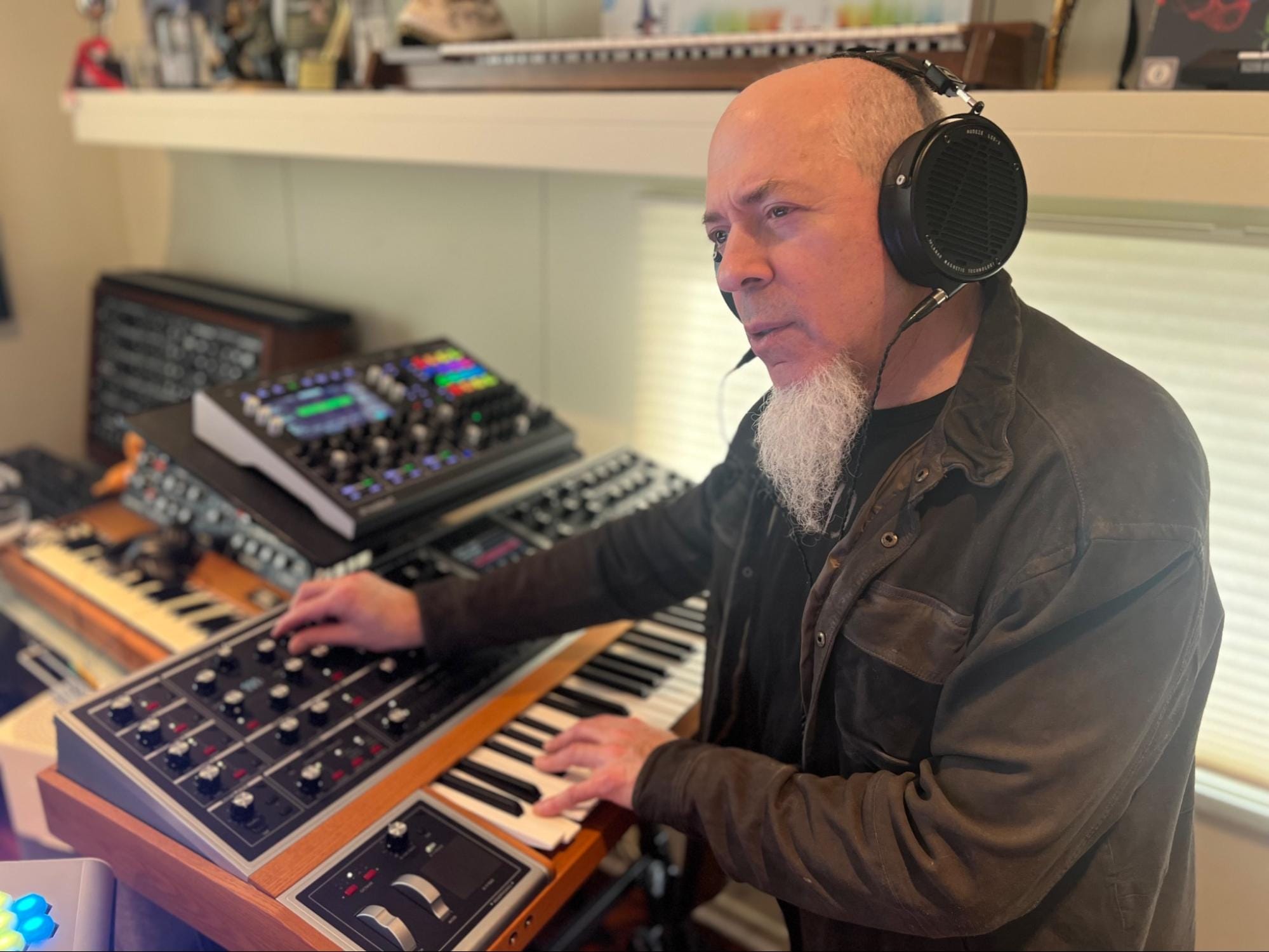
Here, the album can give us an idea about Rudess’ natural tendencies and his role in his other bands, like Dream Theater. It’s not the same when Rudess adds keyboard parts over a song structure defined and limited by other band members, compared to when the keyboardist gives free rein to his imagination without any constraints, which can result in something much more abstract, as we can appreciate in “Permission to Fly.”
Nevertheless, the instrumental parts of the album are enough to marvel at repeatedly and keep the listener hooked for a long time. And I must add that I would love to hear a completely instrumental version of “Permission to Fly.” In its current form, I don’t see myself revisiting this album in the future, due to my personal dislike of the vocalist.
Lastly, fans of Dream Theater and Liquid Tension Experiment should be clear that there is indeed nothing new here that they haven’t heard before, but rather an expanded version of Rudess’ contributions to his other bands.
Anyone deciding to give “Permission to Fly” a chance, and discovering that Payne’s voice and interpretation are to their liking, will surely enjoy this album. That said, although I don’t consider it an essential album, it might be worthwhile for any progressive metal fan to give “Permission to Fly” a few listens, just to be surprised and fascinated by Rudess’ musical imagination and technical skill.

